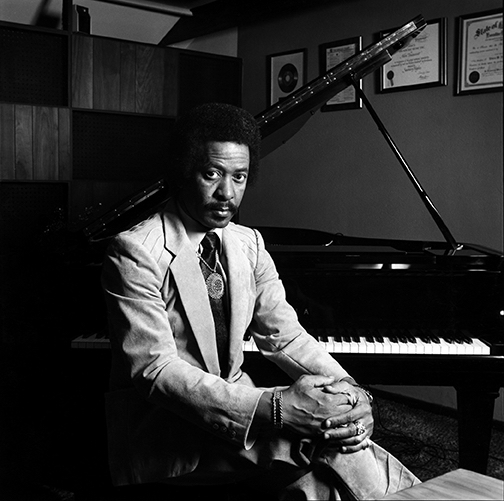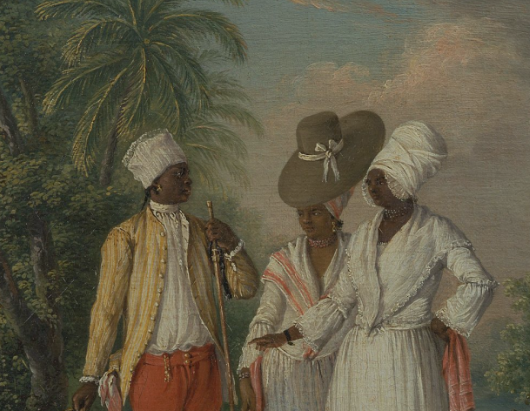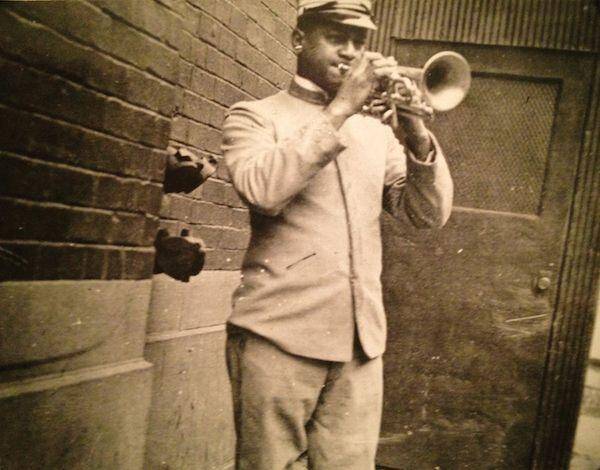In the heart of the Crescent City, a musical genius emerged who would go on to shape the soundscape of New Orleans and leave an indelible mark on American music. Allen Toussaint, a pianist, composer, and producer, is celebrated as one of the most influential figures in the world of rhythm and blues, funk, and soul. His unique talent, distinctive style, and profound impact on the music industry have earned him a special place in the annals of music history. In this article, we will explore the life, career, and enduring legacy of Allen Toussaint. Born on January 14, 1938, in New Orleans, Louisiana, Allen Toussaint was exposed to music from a young age. Growing up in a city renowned for its rich musical heritage, he immersed himself in the vibrant local scene. Toussaint’s early influences included jazz legends like Professor Longhair and Fats Domino, whose piano-driven rhythms would later become integral to his own compositions. Toussaint began his career as a songwriter and producer in the 1950s, creating hits for local artists and emerging as a prominent figure in New Orleans’ music industry. His work with artists like Irma Thomas, Lee Dorsey, and Ernie K-Doe helped define the “New Orleans sound” and brought local rhythm and blues to a national audience. Many of his songs, such as “Working in the Coal Mine,” “Fortune Teller,” and “Mother-in-Law,” became iconic hits.
One of Allen Toussaint’s defining characteristics was his ability to blend various musical genres seamlessly. He incorporated elements of R&B, jazz, funk, and soul into his compositions, creating a distinctive and infectious groove that was instantly recognizable. His innovative approach to music production and arranging had a profound influence on the broader landscape of American music. Toussaint’s talent extended beyond songwriting and production; he was a gifted pianist and performer in his own right. He collaborated with numerous renowned artists, including Paul McCartney, The Rolling Stones, and Dr. John. His virtuoso piano skills were showcased in his solo albums, including “The Bright Mississippi,” which earned critical acclaim.
In 2005, Hurricane Katrina devastated New Orleans, and Allen Toussaint’s life was upended like many others. He temporarily relocated to New York City but remained committed to preserving the city’s musical heritage. He returned to New Orleans in 2009, continuing to perform and inspire the next generation of musicians. On November 10, 2015, Allen Toussaint passed away while on tour in Spain. His death marked the end of an era in American music, but his legacy endures. Toussaint’s impact on rhythm and blues, funk, and soul is immeasurable, and his influence can be heard in countless artists across various genres.
New Orleans, a city that thrives on its musical heritage, continues to honor Toussaint’s memory. His contributions to the local culture are celebrated during the annual “Allen Toussaint’s Birthday Bash” and in the numerous jazz and blues bars that continue to play his iconic tunes.



